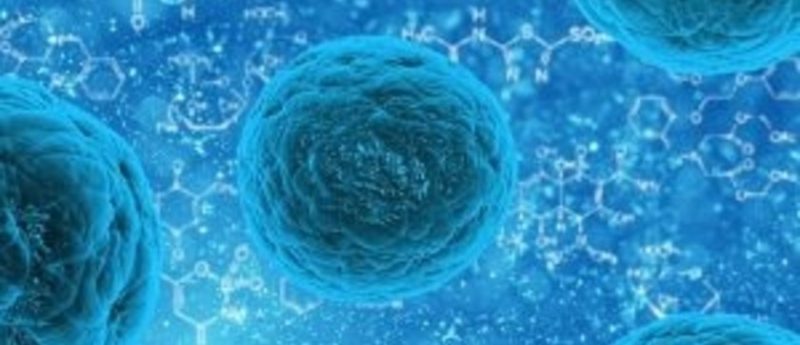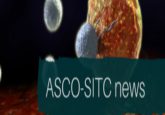The potential of mesenchymal stromal cells in immunotherapy

Over the past years, extensive studies have been conducted to develop safe and effective therapeutic strategies to treat human diseases. Immunomodulation refers to the manipulation of the immune system either by enhancing (immunopotentiation strategy), or supressing (immunosuppression strategy) the immune responses. Immunomodulation can be achieved by different agents, referred to as immunomodulators, including monoclonal antibodies, cytokines, glucocorticoids, adjuvants, ultraviolet light, plasmapheresis and many others [1]. Mesenchymal stromal cells (MSCs) are immunomodulators of special interest and have been suggested as promising therapeutics for several autoimmune diseases and transplantation complications [2].
According to the International Society for Cellular Therapy, MSCs are defined as plastic-adherent cells with a specific surface antigen expression profile (CD73+, CD90+, CD105+, CD34–, CD45–, CD11b–, CD14–, CD19–, CD79a– and HLA DR–) and have the potential to differentiate, under standard in vitro differentiation conditions, into adipocytes, chondroblasts and osteoblasts [3]. Being a major component of the hematopoietic stem cell (HSC) niche, MSCs were first isolated from the bone marrow and identified for their capacities to support hematopoiesis [4], thus being of special importance for treating hematological disorders. Later, MSC-like cells were found and isolated from a variety of adult and fetal tissues including adipose tissue, umbilical cord and placenta [5]. This wide distribution in different parts of the organism highlighted a potential role for MSCs in tissue repair, and regeneration throughout individual’s life.
Click here to view the full article in Immunotherapy.





